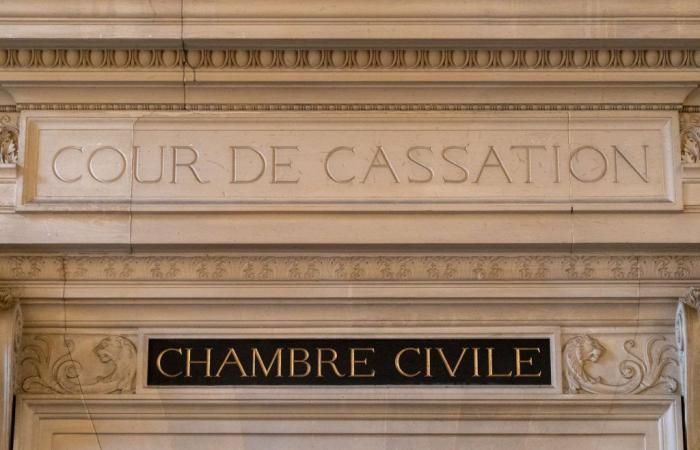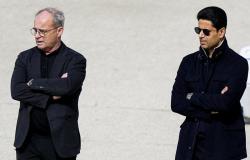Pursuant to an arbitration clause, an arbitration award is made against which one of the parties to the contract files an action for annulment.
The proceedings having continued before the same arbitral tribunal on points still in dispute, the same party filed with the ICC secretariat a request for the disqualification of the president of the arbitral tribunal, based on the terms of the funeral tribute published in a legal journal, which he had just paid to the lawyer for the opposing party.
After recalling the terms of the ICC Rules to which the arbitration in question was subject, as well as the recommendations issued by the ICC to assess the arbitrator’s obligation of disclosure, the judgment states that it is clear from these texts that the arbitrator’s close professional or personal relationships with a party’s counsel constitute special circumstances that the arbitrator must take into consideration at the time of his declaration of independence and throughout the arbitral proceedings and that, apart from these cases characterising objective causes that must be disclosed, the arbitrator is required to disclose circumstances which, although not referred to in this list, may be such as to create, in the minds of the parties, a reasonable doubt as to his independence and impartiality, that is to say the doubt that may arise in a person placed in the same situation and having access to the same reasonably accessible information.
After reproducing the content of the declaration of acceptance and independence made by the president of the arbitral tribunal, which does not mention the existence of special relations with the counsel of one of the parties, the judgment specifies that the professional links which may exist between lawyers and law professors, in particular in the field of international arbitration, and in particular in the university environment at doctoral level and for thesis juries, do not in any way imply, by nature, the existence of close professional or personal relations within the meaning of the aforementioned ICC recommendations, these relations being able at most to be described as academic or scientific.
He notes that the president of the arbitral tribunal had maintained regular relations with the lawyer of one party for several years but that the academic links established between them did not, by nature, have to be declared, in accordance with the principles set out.
He notes that, in the particular context of a eulogy, the publication in question necessarily contained a degree of emphasis and exaggeration, so that the final statement (“I admired him and I loved him”) could not reasonably be considered as a mark of alienation of its author towards the professor, but should be understood as the expression of a tribute paid to a respected figure in arbitration law.
The judgment notes, however, that other phrases in this text are more personal, with the author stating that he consulted the professor “before making any important choice” and that the deceased “opened up” to him, “he who rarely did so”, suggesting to the reader the existence of a friendly relationship whose intensity went beyond the realm of academic sociability.
He then points out that the disputed text establishes a connection between the existence of these close personal ties and the ongoing arbitration proceedings, with the author stating that he was to meet the deceased there as a lawyer and that he “was looking forward to hearing his fearsome, knife-edge arguments again, where precision and lofty vision were much more appealing than any grand gesture.”
The judgment concludes that these latter elements are such as to lead the parties to believe that the president of the arbitral tribunal may not have been free to make his judgment and thus create in the mind of the person opposing the award a reasonable doubt as to the independence and impartiality of this arbitrator, so that they should have been revealed by him in order to allow the parties to exercise their right of challenge.
Sources :






